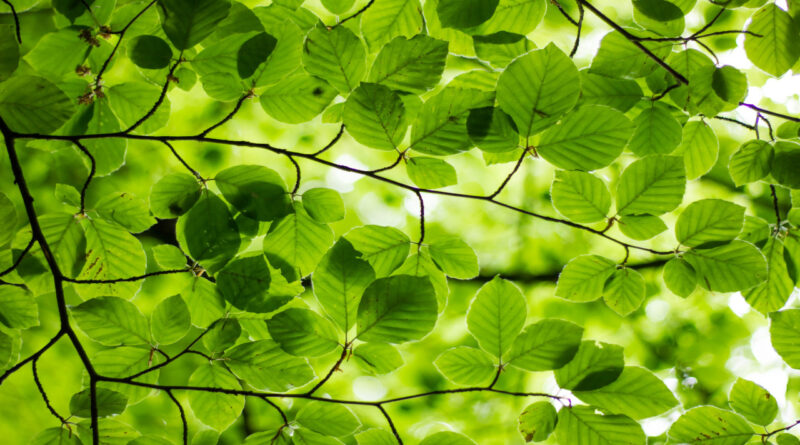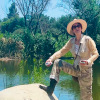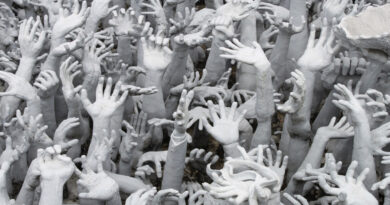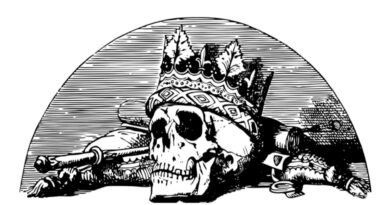Holy Ground
There is a lot of talk about air pollution and water contamination, and a very little talk about the ground we stand on. We take the soil for granted. We call it sod, dust, and dirt. In fact, the soil is the holy ground: the foundation of human development and our main food supplier.
#HolyGround
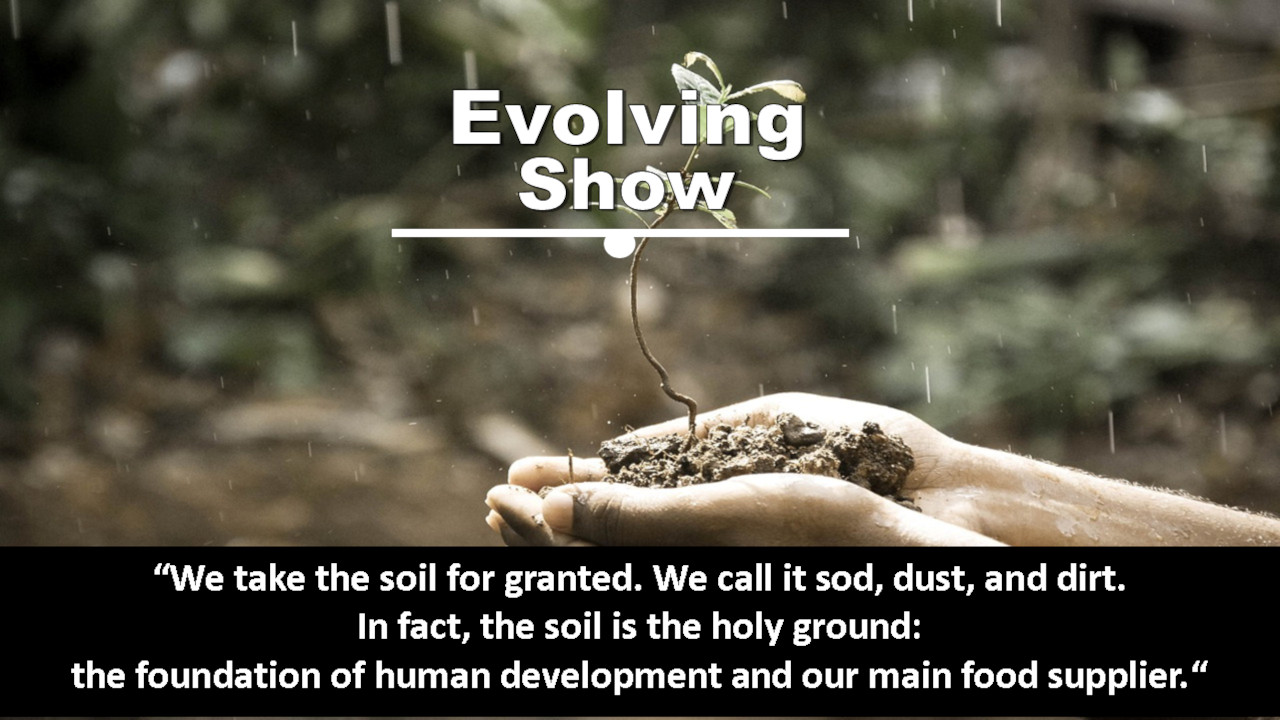
Apart from the obvious, everything we are and do happen on the ground. The food we eat is grown in the soil. The soil itself captures carbon dioxide emissions.
Like all other components of the ecosystem, the soil encompasses a multitude of systems. All of the soil systems working together – uninterrupted by natural catastrophes or human activity – produce fertile soil. Fertile soil requires air, water, minerals, nutrients, microorganisms, bacteria, microbes, biomass, and more. Seems simple enough, right? Not, so.
Human development took over large areas of soil for its structures, infrastructure, industries, and plundering of the Earth’s natural resources. Human activities decimated biodiversity and significantly reduced natural habitats.
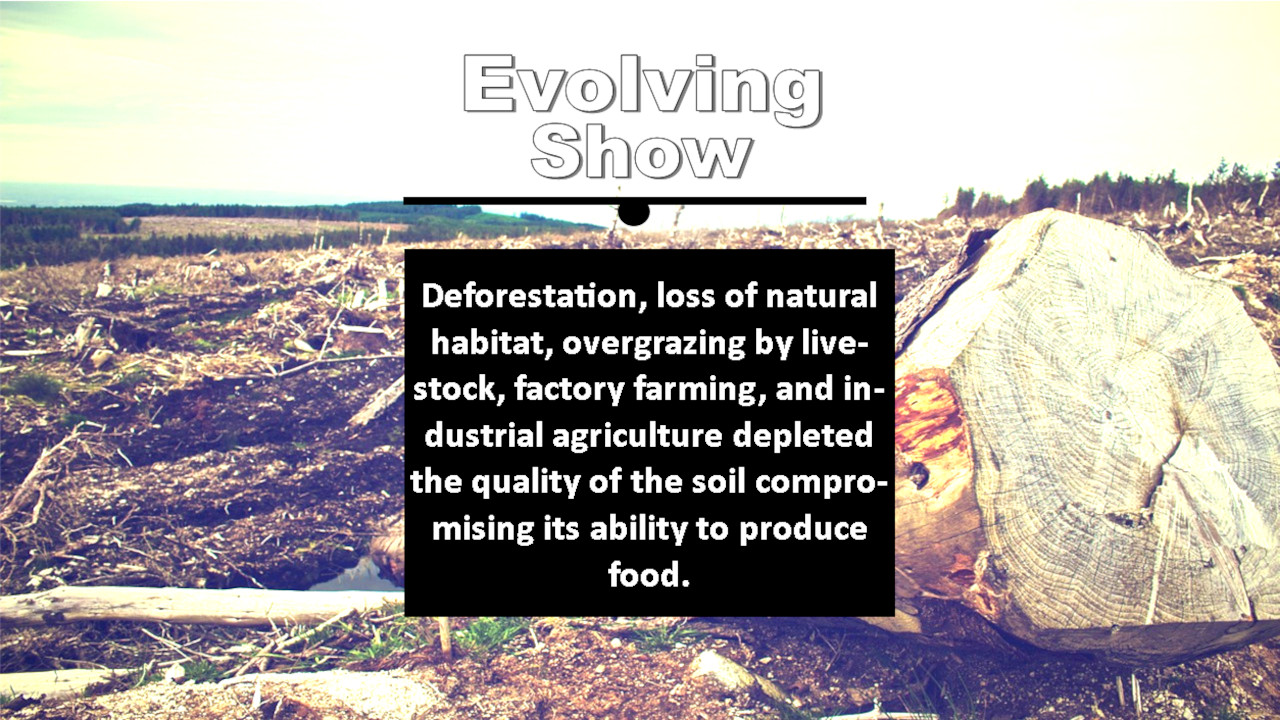
Deforestation, loss of natural habitat, overgrazing by livestock, factory farming, and industrial agriculture depleted the quality of the soil compromising its ability to produce food.
At the same time, uncontrolled population growth calls for more and more food. 95% of food is grown in topsoil. 50% of existing topsoil is already eroded and the process is ongoing. Some of the causes of topsoil erosion are tilling, growing mono-crops, and the use of pesticides and synthetic fertilizers.
The large-scale remedy for soil erosion is agroecology. The term may be confusing, but the concept is clear and based on agroforestry: creating agricultural areas that grow diverse crops along with shrubs and trees. Agroecology calls for crop cultivation without toxic chemicals that erode the soil and human health. (Diverse crops as well as trees and shrubs contribute to soil fertility.)
#Agroecology #Agroforestry
To quote TheEcologist.org “Simply put, all practices that rely on external or toxic chemical inputs – such as fertilizers, pesticides, and hybrid seeds, heavy machinery based on burning of fossil-fuels, large-scale monocropping and highly concentrated livestock raising – are UNSUSTAINABLE.”
Obviously, agrochemical manufacturers and industrial farming corporations are blocking the implementation of sustainable agroecology in every way they can and there is little you and I can do to convince wealthy and powerful corporations to shut down their businesses.
Meanwhile, we can do things to help rehabilitate the soil on a smaller scale.
One suggestion is planting a Miyawaki mini-forest. Even in an urban area, with the permission of local officials, you can plant a few native trees, shrubs, and plants away from traffic and tend to them as they grow. You’ll create a mini eco-oasis for insects, birds, and small animals.
#MiyawakiMiniForest
Critics say that the mini-forests are too small and uncomfortable which may be true. With that said, I believe that something is better than nothing and many countries already follow this motto when it comes to Miyawaki mini-forests, urban rest stops for bees, etc. Any contribution that helps to balance the ecosystem and benefits soil health is a good thing.
Another suggestion – for those of you who have a yard or want to create a community garden – is permaculture. (That’s growing vegetables in harmony with the ecosystem.) Permaculture is easy to start and do, synthetic chemicals-free, and environmentally friendly. You can learn the basics of permaculture free of charge at FreePermaculture.com. Permaculture is good for the natural environment and good for your health. Try it!
#Permaculture
While the implementation of large-scale changes is beyond our control, let’s do anything we can to protect the soil and slow down the manmade devastation of the ecosystem.
If enough individuals implement only some minor steps and make common sense changes the impact will add up.
It ain’t dirt. It’s holy ground and our everything.
#HolyGround
#HolyGround #Agroecology #Agroforestry #MiyawakiMiniForest #Permaculture #StewardshipConservation #EvolvingShow #EvolvingShowPodcast
If you enjoyed this episode of the Evolving Show podcast, like, follow, and subscribe on:
YouTube
Spotify
Apple Podcasts
Sticher
Pandora
iHeartRadio
To leave a comment scroll down the page. No login required!

